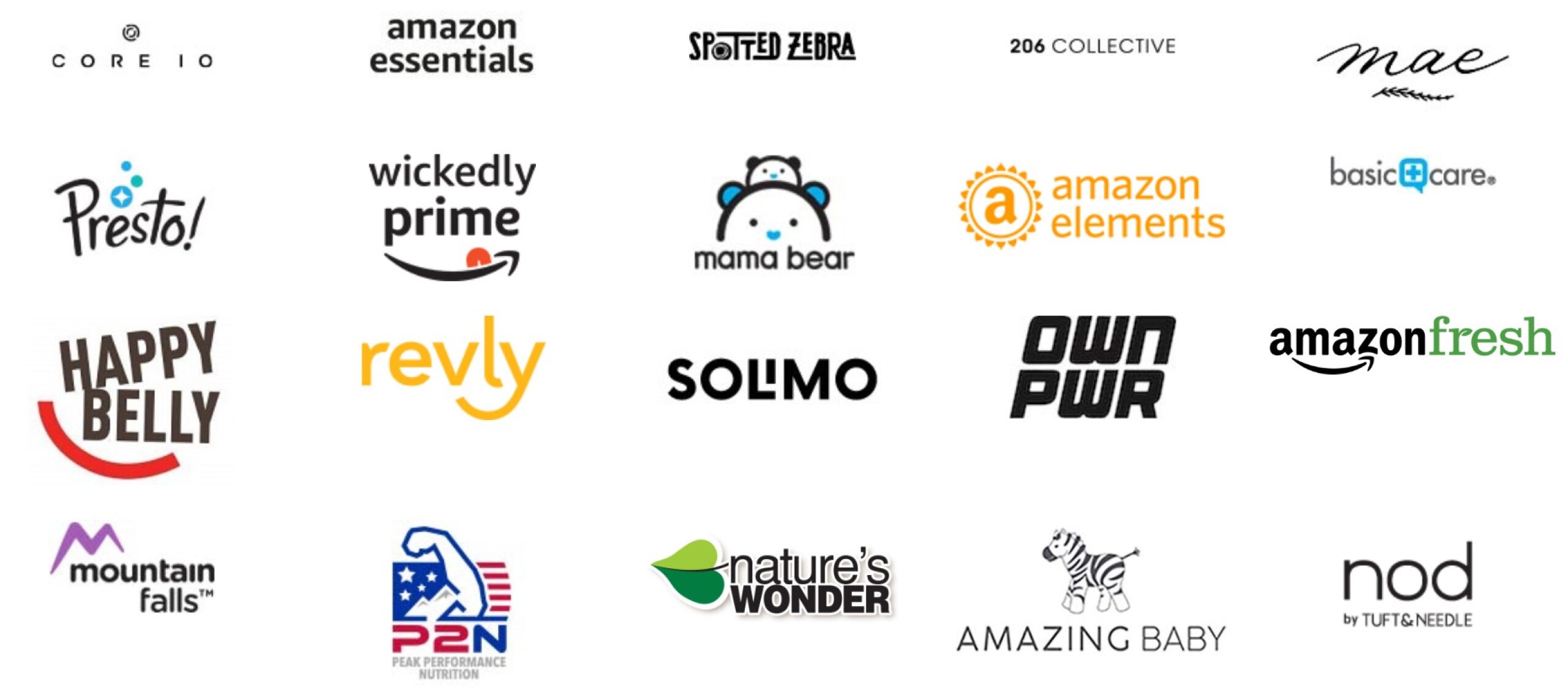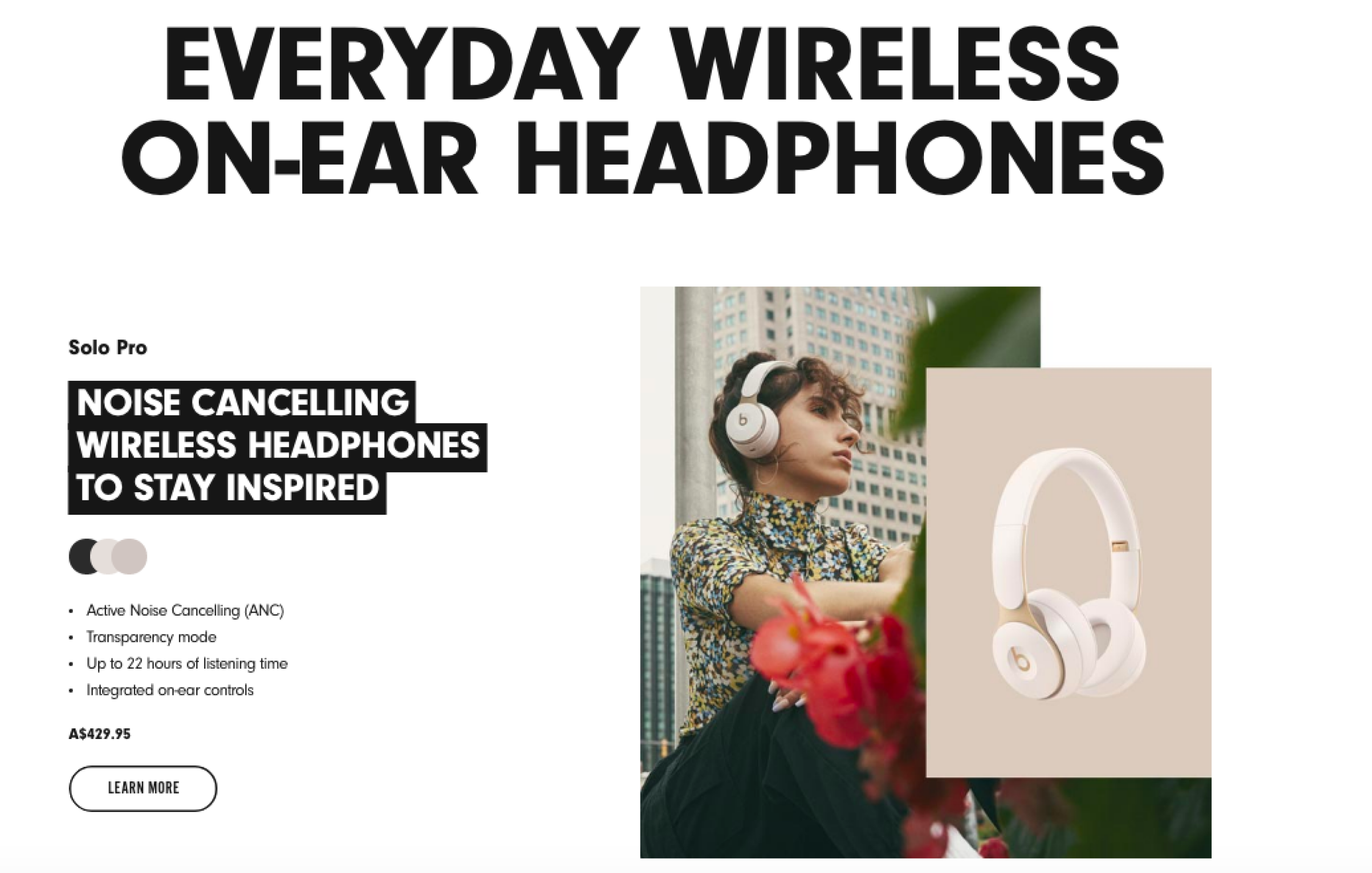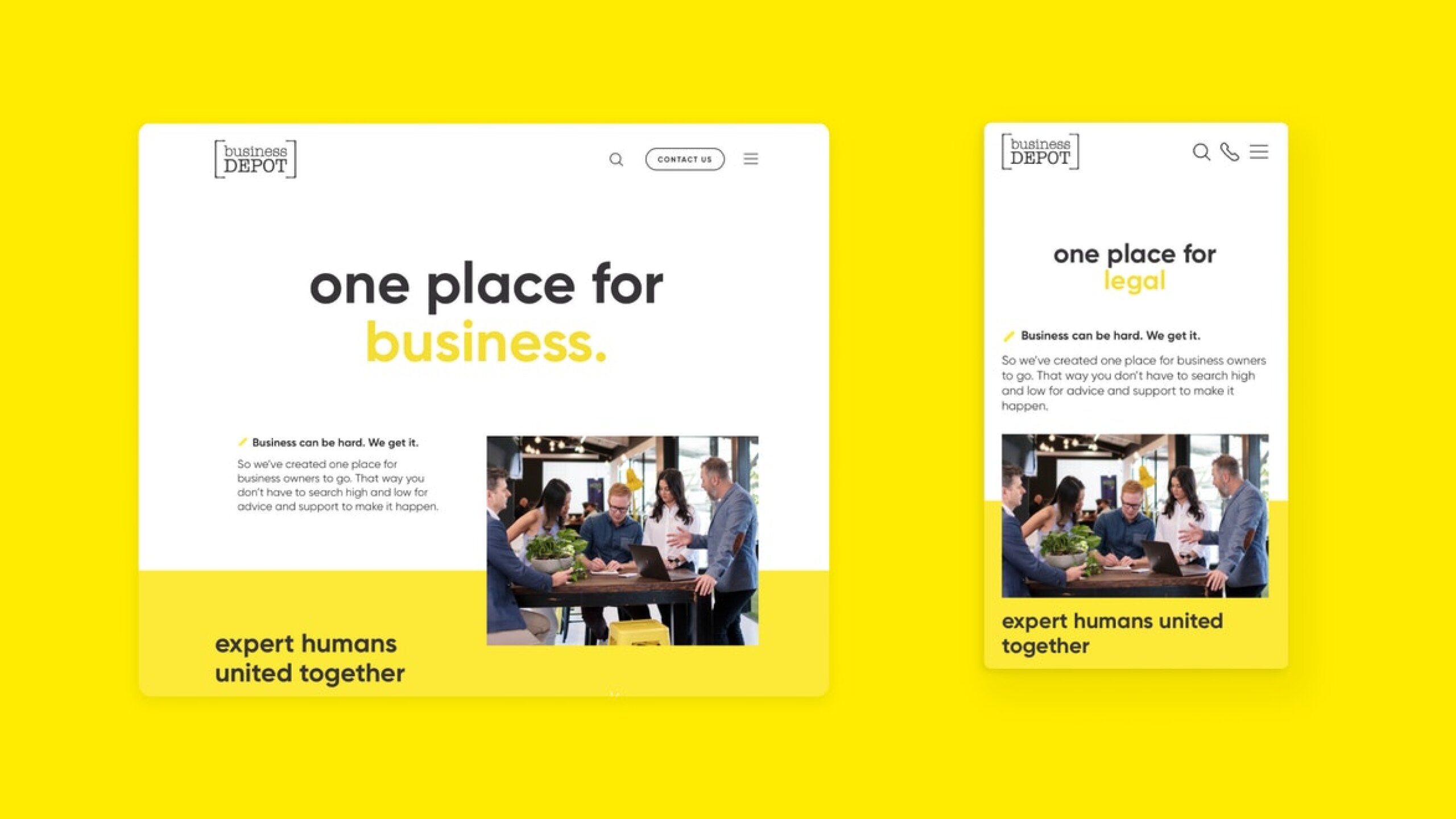Remember Pop-Eye, the sailor cartoon? Well spinach was fuel to Pop-Eye. The same can be said for a customer-first mentality fuelling a winning brand. Today we've unpacked what brand positioning actually is and why having a customer first, niche approach is your secret ingredient to success. You'll walk away with a few strategies on how to differentiate yourself and create attention in a dense market.
Dissecting brand positioning
Ye who positions - wins!
Brand positioning is all in the name. It's about occupying a position and within the context of branding, that position is in your customers mind.
Ply's new & improved formula
We consider a slightly different formula when it comes to brand positioning. It's a tad more tailored and direct than the usual who, what, when and why scenario.
Mission + Differentiated Approach + Core Customer + Deep Expertise = Stellar Positioning
Mission: Always start with the why. Why do you exist, what's your purpose and what do you have in your arsenal to back that up and deliver on it? If you haven't heard of Simon Sinek's TEDTalk on the 'Why' statement do yourself a favour; watch it and come back to us.
Differentiated approach: Your business should stand out. You're not in the game just for the sake of it. How do you set yourself apart amidst a dense industry and impatient audience?
Core customer: This is the superuser! The beating heart of your business. Without this piece, your entire formula falls apart. It's all well and good to have a great mission, but if it doesn't resonate with your customer then what's the point? This concept of the 'core customer' should be highlighted, bolded, with flashing lights around it. Customers are the heart and soul of everything you work towards.
Deep expertise: Specialisations are important. You need to have a passion, appreciation and understanding of your offering to cut through the dense marketplace.
In theory this formula address the same who, what, how and why questions but pushes you to think about them differently.
Should you be niche on positioning?
Alrighty so we've got the formula mapped out. Now let's hone in on #3 the core customer and how to put together a customer-focused position first and foremost. First you define exactly who they are.
Often being everything to everyone is a one way ticket to failure. Sure there's companies like Amazon who succeed in this arena, but they are an outlier scenario in the whole scheme of things. I mean check out the Amazon brand map below. It's crazy.

On the opposite end of the scale, you have hyper-niche positioning which hones in on a specific offering and relationship with super-fan customers. It's a scale and given today's dense landscape, most businesses fall towards the niche end of the spectrum.
So the question is, do we need to be niche or is that a modern day business fallacy?
Quick answer? Find a balance. This is even more true if you're still learning about your business and finding your place in the market. If you are to go niche then it has to mean something. Do you fill a specific gap in your industry? More importantly, can you clearly articulate this niche problem and your solution? And most importantly, do customers identify and care about this niche? Customer-first thinking, all day everyday.
Time for an example
Take Beats headphones. They hold a highly niche place in the electronic goods market. Did we really need another headphone brand in an already dense industry? Nah. But they managed to cut through the white noise of competitors and frickin' nailed it.
Hard to believe, but they own 70% of the headphones market.
It's fair to say that if Beats had offered headphones and televisions, sound systems, the whole shabang - they probably wouldn't have been as successful as they are today. They do one thing and they do it well. More importantly they leveraged pop culture to articulate their offering and target customers.

Don't get caught out by niche fomo
From a high level it can feel risky just honing in on one, specific target market. Customer fomo is real. There are all these other audiences you could be marketing to, but ultimately a niche, customer-centric approach is the safer choice.
Finding the right insight or nugget of truth and that will resonate with the right customer. It may not immediately be obvious but they're there.
Some of the most successful brand positions stem from personal experience. You as an industry professional identifying the gap in the market and responding to customer feedback. Or you as a customer craving something that isn't available.
Time for another example
We worked with a successful accounting firm in 2018/19 who thrived on providing human, genuine and light hearted approach to an otherwise stale industry. They broke the mould of stereotypical corporate accountants and home-y bookkeepers. Instead they carved out a specific, niche offering that resonated with a specific high-income earning persona looking for financial advisors.
Over time they found customers wanted a trusted, long term partner across a range of supporting services. So they pivoted their niche position to extend to additional services that addressed this want.
Yes niche fomo is a thing. But selecting your niche market should only be seen as a starting point for potential growth.

Ingredients to a niche, customer-focused position
Odds are there are other businesses doing what you do. So show your individualism! Position yourself against competitors and in your market. Clearly explain to customers why you're different and why they should give a damn.
Seems simple, but being clear and articulate in a succinct way is totally underestimated. Ensure your customer understands what you do and why they should care. And news flash, you live and breathe this everyday so of course you get it. Pull in a few third parties to get a fresh perspective on whether your messaging actually makes sense.
We rattle on a lot about authenticity but it is critical. Branding is holding up a mirror to the business. People can tell pretty quickly if things don't align. Keep it real! Each layer of your brand needs to add up without a disconnect. Speak plainly and honestly to your audience and it'll resonate with them. Take us here at Ply. We are pretty conversational in our writing because this reflects who we are in real life. No corporate suits and top buttons here.
Challenge for you
Ask your customers more questions to discover potential niches and be open-minded. In many cases, they don't know what to ask for. Take Apple for example:
Our job is to figure out what they're going to want before they do. I think Henry Ford once said, 'If I'd ask customers what they wanted, they would've told me a faster horse.' People don't know what they want until you show it to them.
So think about what vertical or angle you can take away from their core pain points and flip that into your business solution.
How do you differentiate?
Surprise surprise - individual, unique offerings have greater success. However an individual positioning for the sake of it doesn't work, so find something real and honest. Again this all comes back to your customers, they can see through ingenuity.
For some business, their point of differentiation is glaringly obvious. For others it requires a shovel and a bit of digging. Break apart the components of your business and think about what you could be doing better or differently. That's how you end up with value that's going to attract attention!
This process starts from a place of theory (i.e. your assumptions on what makes you different and why customers should care). Don't just stop there, do your research and user testing. Ratify this theory. Pay for survey data, interview current and potential customers, show a prototype and get raw feedback.
Sure it's a timely process, but by the end you're making educated, confident decisions for your brand that are central to your customer.
